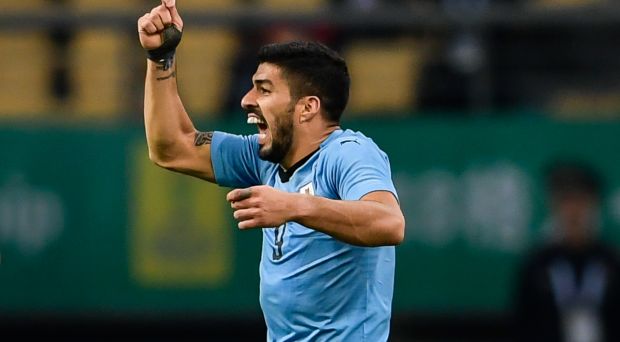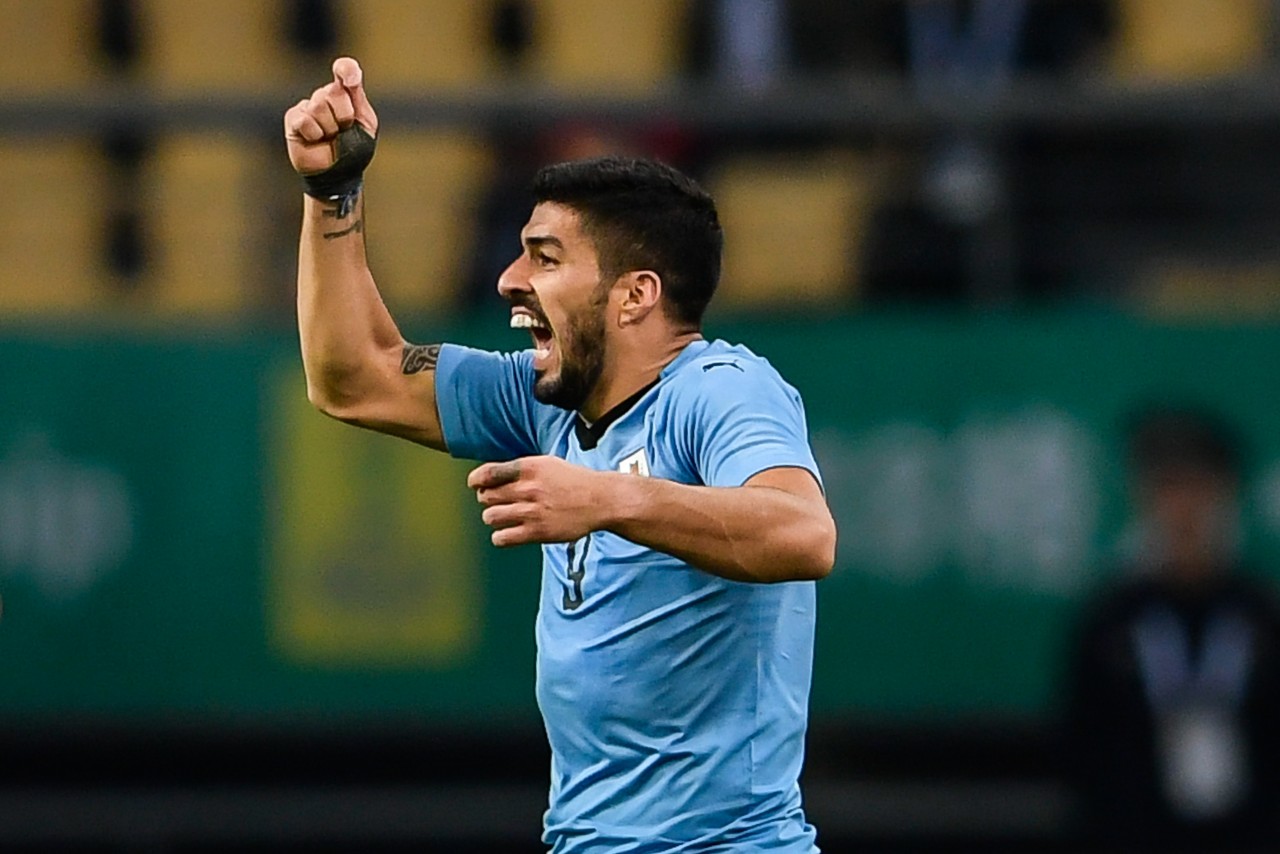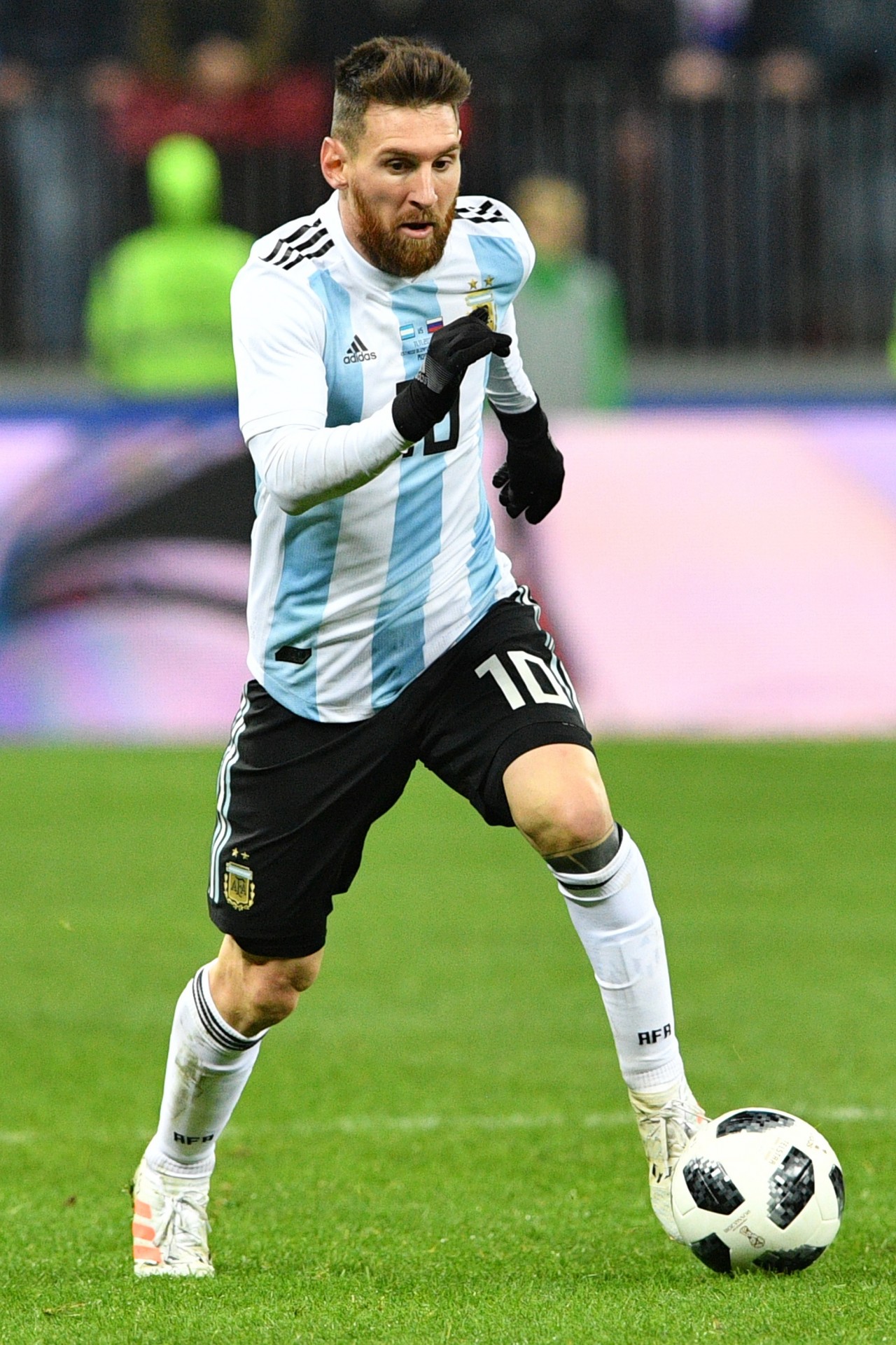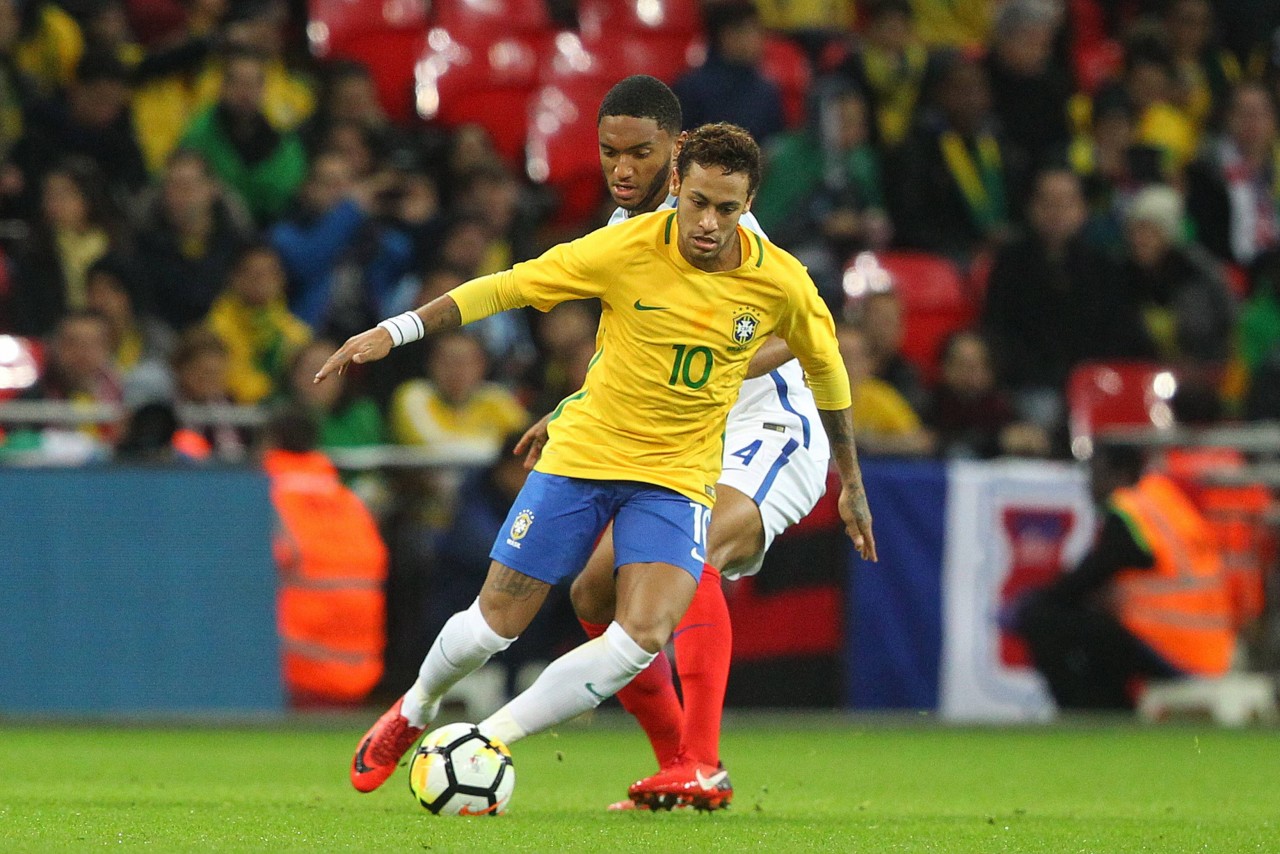NewsAssociation
"The greats come dropping slow" - the Russia World Cup full of football stars

No football event can compete with the World Cup when it comes to the number of participating football stars. The greatest of the greatest will visit Russia. Russia will be home to not only football stars, but also people with complex personalities and with interesting stores to tell.
"I've recently watched a film about Diego Maradona. There was a sentence saying 'great football players come dropping slow'. This is true. The boy who is taken to and from football training sessions by his dad and who has his football kit washed by his parents cannot become a great football player. The boy's character will not develop in this way," said Czesław Michniewicz. The words said by the Poland national under-21 football team head coach reflect the uniqueness of being a football player. Everyone cannot become a football player. The same applies to becoming a great football player. There are only few who have reached the football top. Let's discover the facts from the lives of the most important football players at the football top.
Sinner from Salto
Luis Suarez. A football player with extraordinary skills and an untamed nature. When he was 15, he headbutted a referee during a match between youth teams. Sofia Balbi was the only person capable of putting an end to his fiery temperament (they got married in 2009). Alongside her, teenager Luis changed his party lifestyle and developed another way of impressing people - he started scoring goals. It was at that time that he was nicknamed "Bunny" because he resembled Bugs Bunny due to his protruding teeth.
He was nicknamed "Cannibal" in the Netherlands as a result of biting Otman Bakkal during the match between Ajax Amsterdam and PSV Eindhoven. Suarez bit Branislav Ivanović in April 2013. Then he was nicknamed "Vampire". He also got a lot of stick following his dives in the penalty area. Diving stuck to him just like his fiery temper.

Like night and day
Another player from Salto, Edinson Cavani, is the embodiment of kindness compared to Suarez. Unlike his national teammate, Cavani does not get involved in football scandals. However, he was also mischievous when he was a child and birds were his passion. He would stare at pigeons in the park for hours. When he moved to Danubio, he joined the "Athletes for Christ" association. Close relationship with the Church helped him go through the turbulent times of adolescence. He was even invited to an audience with Pope Francis and it was the Pope who wanted to meet him. Unfortunately, he could not make it to Vatican City State because Oscar Tabares, the head coach of Uruguay, did not let him leave the national team training camp. He earned a great deal of respect among Napoli fans. They wrote songs about him. There was even a pizza named after him as well as cookies of his brand. That was a big thank you for over 100 goals he scored for Napoli.
Generation of superb 30-year-olds
Both Suarez and Cavani were born in 1987. Lionel Messi also turns 31 in June. This Argentinian football player has achieved everything in club football and broke every possible record playing for FC Barcelona. Still, he has not yet won the World Cup while playing for the Argentina national football team. This gap in his football CV makes him stay one step behind Maradona in a sense. Messi can "only" include playing for the runners-up in the 2014 FIFA World Cup. It was the frustration caused by a lack of success in the national team that made Leo Messi take a decision to quit the Argentina national football team following the Copa América Centenario Final. He reversed his decision after two months. "I've seen many talented football players in my life but no one has been able to control the ball as well as Messi can. It is like the ball is glued to his foot," praised him Diego Maradona himself.
Diseases made him what he is now
It may be safely assumed that Leo Messi's past disease made him the football player he is now. Several years ago, Brasilian newspaper Diario do Centro do Mundo revealed that Messi had been diagnosed with Asperger syndrome - a milder form of autism. Asperger syndrome was also diagnosed in other eminent figures such as Isaac Newton, Albert Einstein, Michelangelo, or Charles Darwin. "People affected by autism always try to follow a certain pattern and reproduce it accurately. Messi always makes the same moves, falls to the right, his dribbling is always the same and he scores almost identical goals," says Nilton Vitulli, father of a child with Asperger syndrome and an active member of the non-governmental "Autism and Reality" organisation. "It is thought that people affected by autism are mentally weak. They are not whatsoever. Messi serves as an example of how to combat the disease," admits Giselle Zambiazzi, the President of the association that brings together people who tackle autism and their families.

Messi managed to overcome one problem on his own. Another problem - low height (he suffered from growth hormone deficiency) required help from other people. "Growth hormone? I used to inject it in my leg. I was 11 or 12 then. My parents had helped me inject it until I learned how to do it myself," recalls Messi in the "La Cornisa" news show. Injections were necessary because if he had not had growth hormone injected, his height would not exceed 1.50 m. 1 infant in 20,000 is affected by this medical condition.
They laughed at Ronaldo
Cristiano Ronaldo is a superb football player and an example of hard work. He is a symbol of modern, athletic football. His body is enviable by everyone. The cult of the body and constant self-improvement enabled him to reach the level hardly achievable for anyone. "I concentrate on how I play more than on my rivals. I compete with myself," always says Ronaldo. This motto is associated with his entire career. On the other hand, things that happened in his past made him familiar with pressure. The biography of Ronaldo by Luca Caioli includes information about Mr Agostihno, who was a source of worry for young Ronaldo. He threatened Ronaldo to puncture his ball if he kicked it into Agostihno's backyard. At that time Ronaldo realised that there is no margin for error in the pursuit of perfection.
Once CR7 was an object of ridicule in the capital of Portugal. That was the case when he moved from Funchal to Lisbon. "Whatever I said was enough for them to start laughing at me and mimic me. I felt like a clown," he recalls. He had an accent that is common in Madeira where he comes from. Many people point out the obscene expression of Cristiano's face when something does not work out for him. In the past, his nickname was "cry-baby" because he cried when his colleagues could not benefit from his passes. He was also the "bee" due to his running abilities. He was always faster than them.

Poet and graffiti artist and idol of Brazil
During the World Cup in Russia the eyes of football fans will also be directed at the star from Brazil - Neymar da Silva Santos Júnior, that is, Neymar. A twenty-six-year-old Paris Saint Germain player is the most important person in the country enamoured of football. He is not only the central figure of the most expensive transfer in the history. After his anointing of "Ai se eu te pego" by Michel Telo, the song became a global hit. It was enough that after one of the matches won, Neymar danced to the rhythm of this song and the artist received the platinum disc. He thanked him for that later. The alumnus of Santos F.C. - the club in which Pele used to play, sets the trends. He is an artist in some way. "He is a poet and graffiti artist who goes through the city and paints sonnets on its walls," wrote Luca Caioli, the author of "Neymar: The Unstoppable Rise of Barcelona's Brazilian Superstar", in the biography of the Brazilian player. Michal Pol, the famous journalist, described him accurately: "His hairstyle, the way he wears his upturned collar, tattoos, countless stunning feints on the pitch and his joy after scoring goals - all these things form a part of a poetic performance. It is a reference to the famous essay by the Italian director Pier Paolo Pasolini who in 1971 wrote that Brazilians and other Latin American players 'speak' on the pitch using poetry, and Europeans using prose. "
Poetry will be on the side of the Southerners in the persons of Messi, Suarez, Cavani, Neymar and Ronaldo. At another extreme we can find the "creators" of prose on the pitch, who also belong to the elite group of players, such as Toni Kroos, Eden Hazard, David Silva, Anders Iniesta, Harry Kane, or Luka Modrić. The style of play of many of these Europeans have something from the southern fantasy.
Piotr Wiśniewski
FOT: East News
